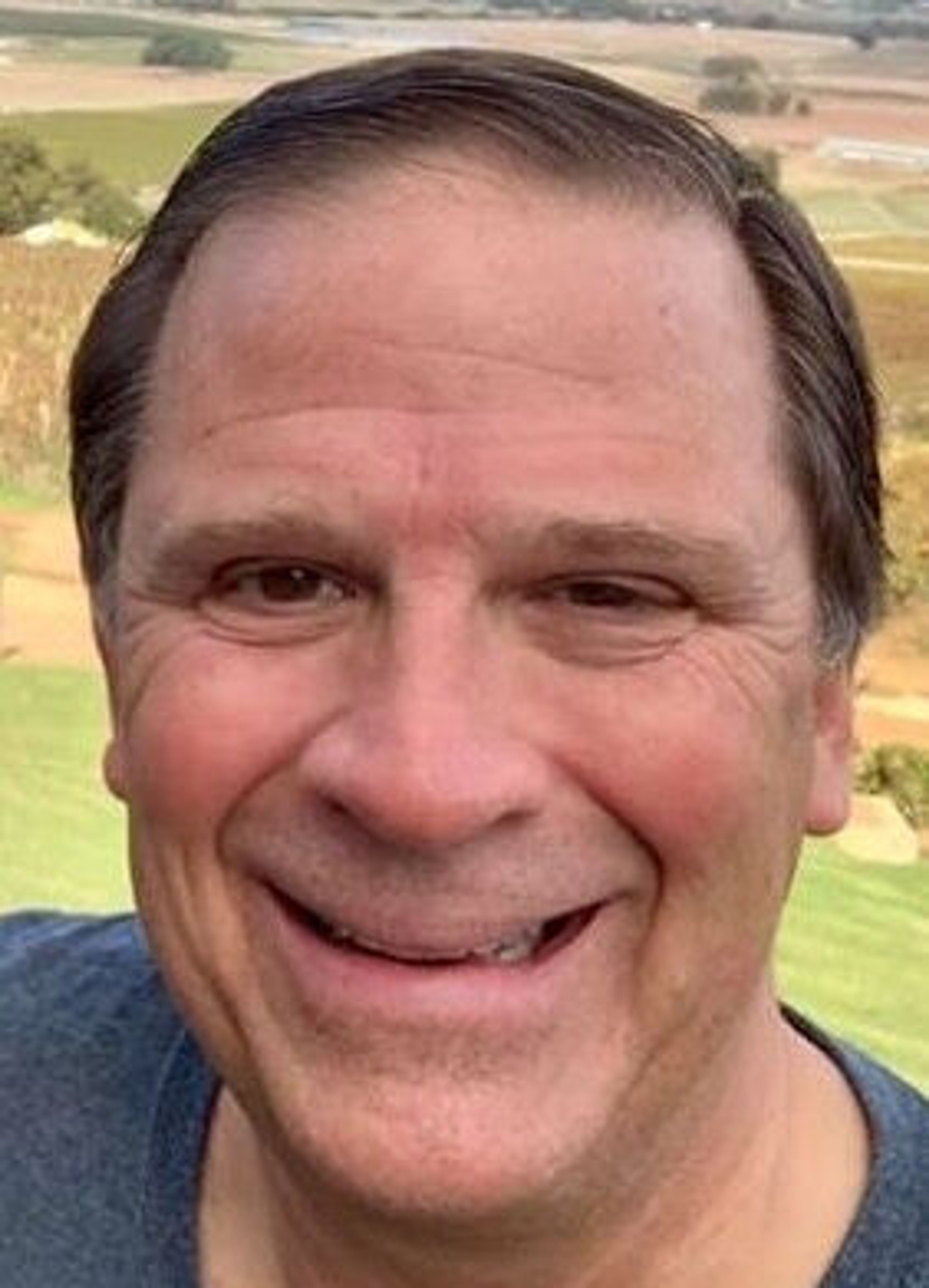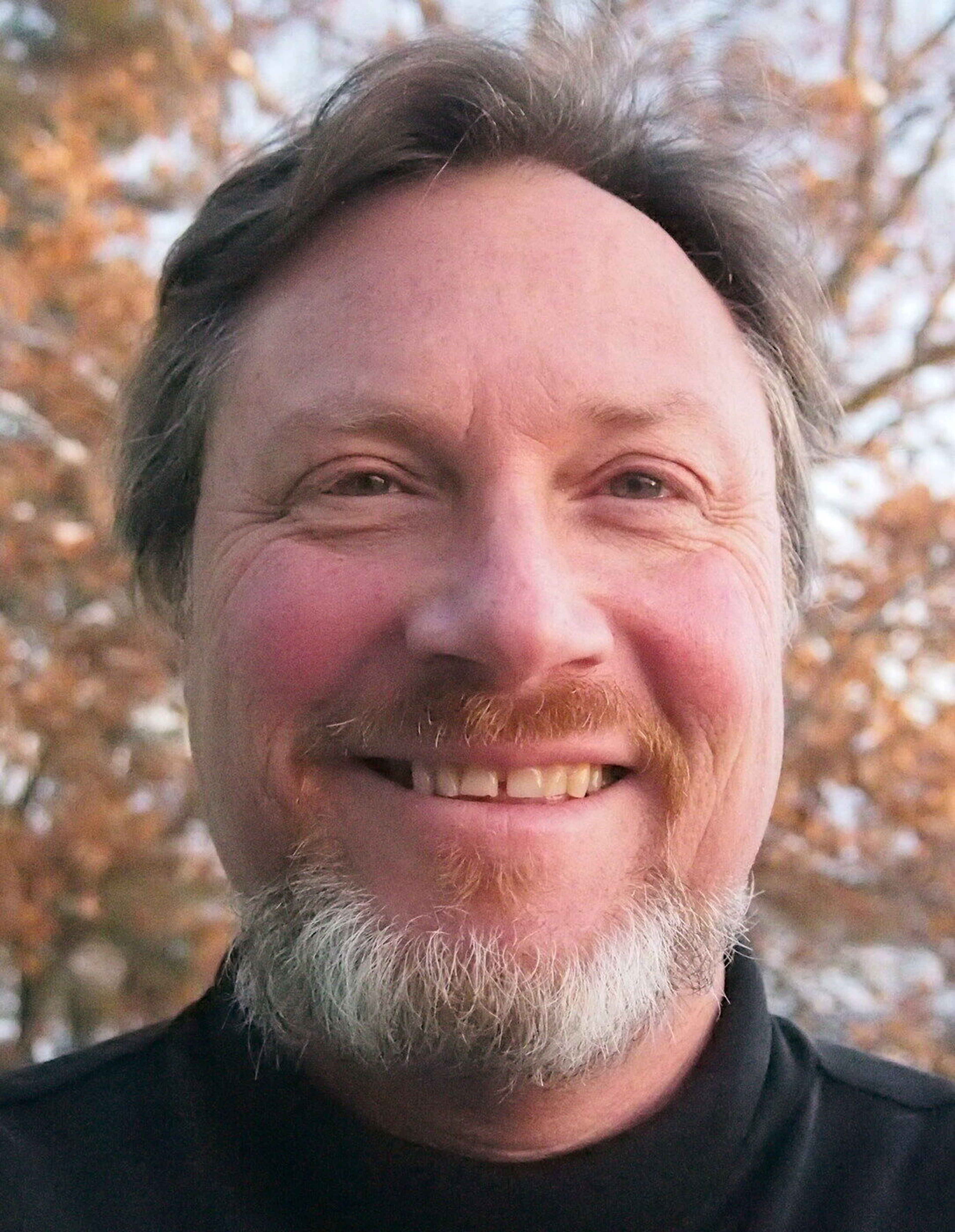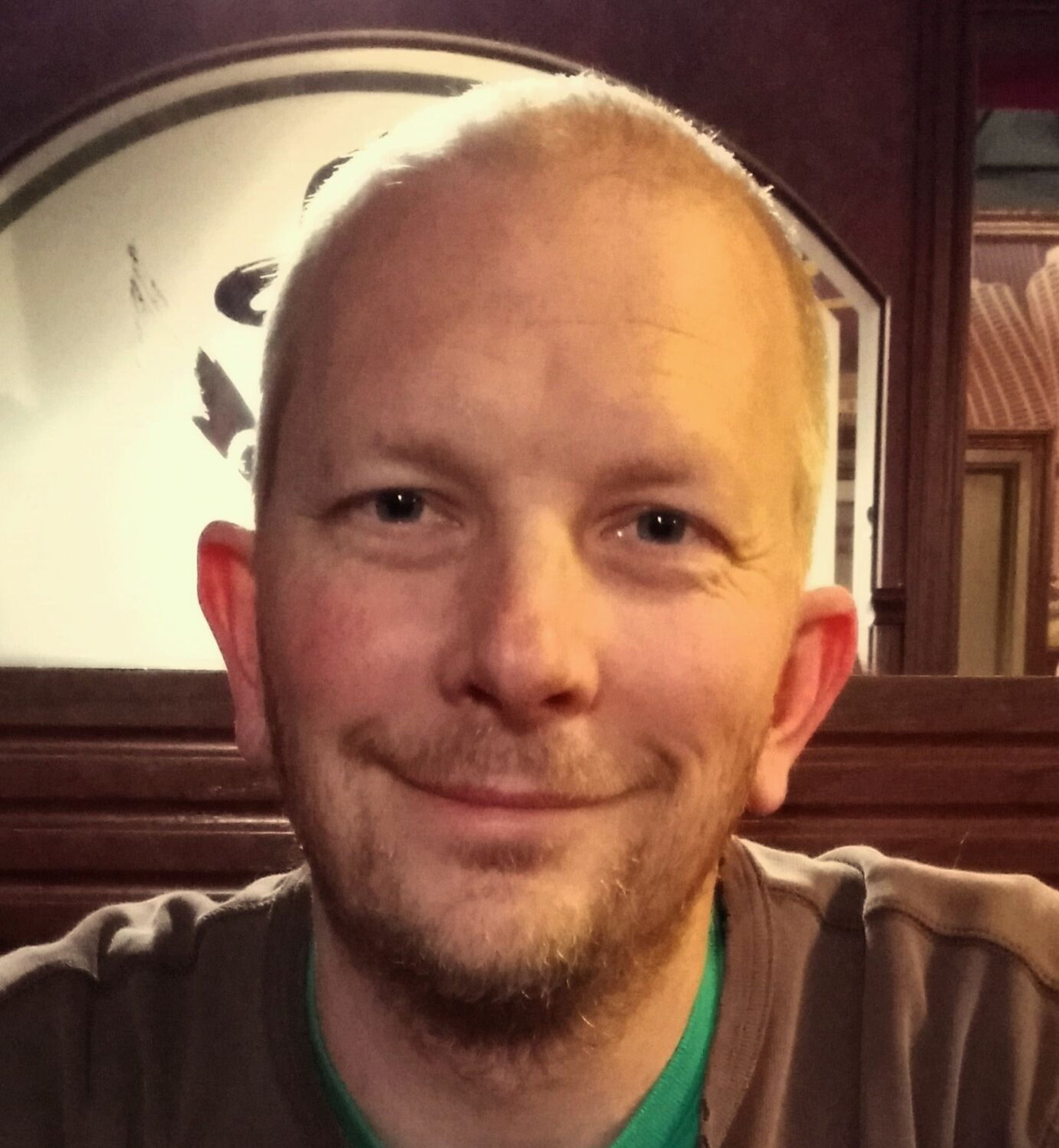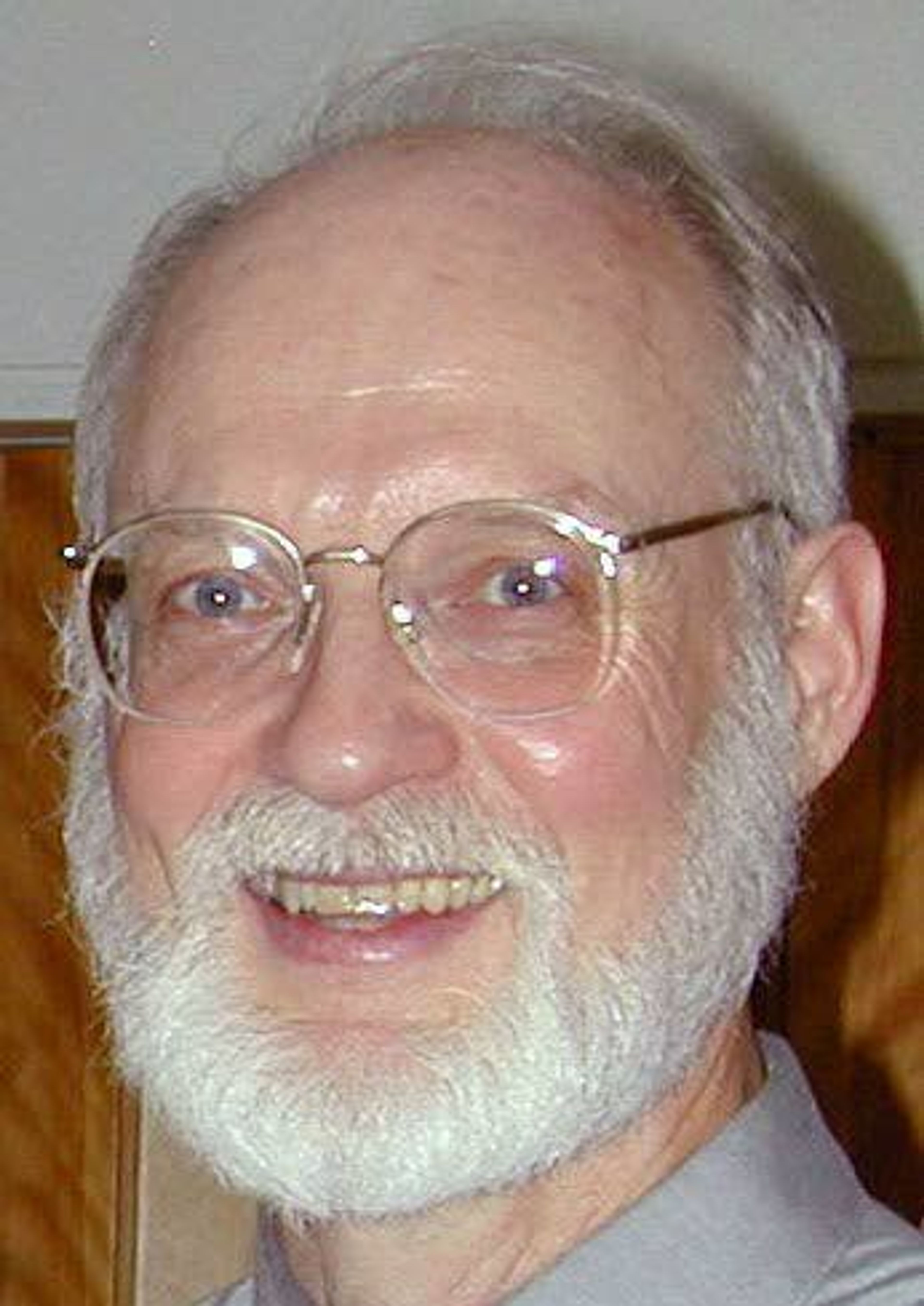Foley speaker: Policies have made migration more dangerous
During talk at WSU, UCLA professor says U.S. stance on illegal immigration has led to more deaths
Jason De León, a professor of anthropology at UCLA, started his talk Thursday at the Foley Institute Speaker series with a clip from the 2006 movie “Children of Men.”
In the scene, the character Theo, played by Clive Owen, sits on a train as a voice reminds the passengers that housing, feeding or hiring what the movie calls illegal immigrants is a crime, while migrants who cannot get on the train are rioting.
“I show this because I believe this is both our current reality and a look into our future,” De León said during the talk at Washington State University.
De León then showed a clip from a few years ago of a caravan of people in Tijuana, Mexico, who were being pushed away from the United State border by both Mexico and border agents. Migration is not unique to the United States, but is a global issue, De León said.
His talk focused on Arizona, but De León said immigration is a worldwide issue. De León shared about when Vice President Kamala Harris told people living in Central America not to come to the United States during a visit to Guatemala.
“We’re telling people not to come but they live in places with some of the highest murder rates in the world,” De León said. “And these folks are literally running for their lives.”
People are also leaving their home counties for a number of reasons, including poverty and climate change, De León said. The connection between climate change and migration has grown in the public’s eye over the last 10 years, he said. De León shared some of his work from the Undocumented Migration Project, which started in 2009.
“Prevention through deterrence” has been the policy around border control for more than 30 years, De León said. This policy pushes people into the more hostile terrain of the desert, he said.
“Migrant death in the mid-90s was relatively low; you would have maybe three or four dozen people, tops, across the whole length of the border dying in any given year,” De León said. “To suddenly this policy goes into place and the value of life — we don’t value it.”
It has led to many migrants being pushed into the Arizona desert in a funnel effect, which also keeps the migration out of sight. Migrant deaths have risen because of this policy, and could be the result of the extreme heat or cold, monsoon flooding and the wildlife itself, he said.
“Instead of a vertical border wall, let’s use a horizontal wall — the desert itself,” De León said.
De León shared stories from his work trying to find missing migrants, including 15-year-old Jose Maria Tacuri. He learned about Tacuri through a Facebook message asking for help finding a missing cousin who had been crossing to join his mother and father in New York. De León said Tacuri felt empty without his parents and was leaving a pregnant girlfriend, who gave birth four months later. De León said they still have not found Tacuri.
“Some days I wonder, ‘Is Jose on that wall?’ Is he one of those orange tags, and the tiny little nonprofit that I run has not been able to raise enough money to run the DNA samples on the huge backlog that we have?” De León said.
Nelson can be reached at knelson@dnews.com.








